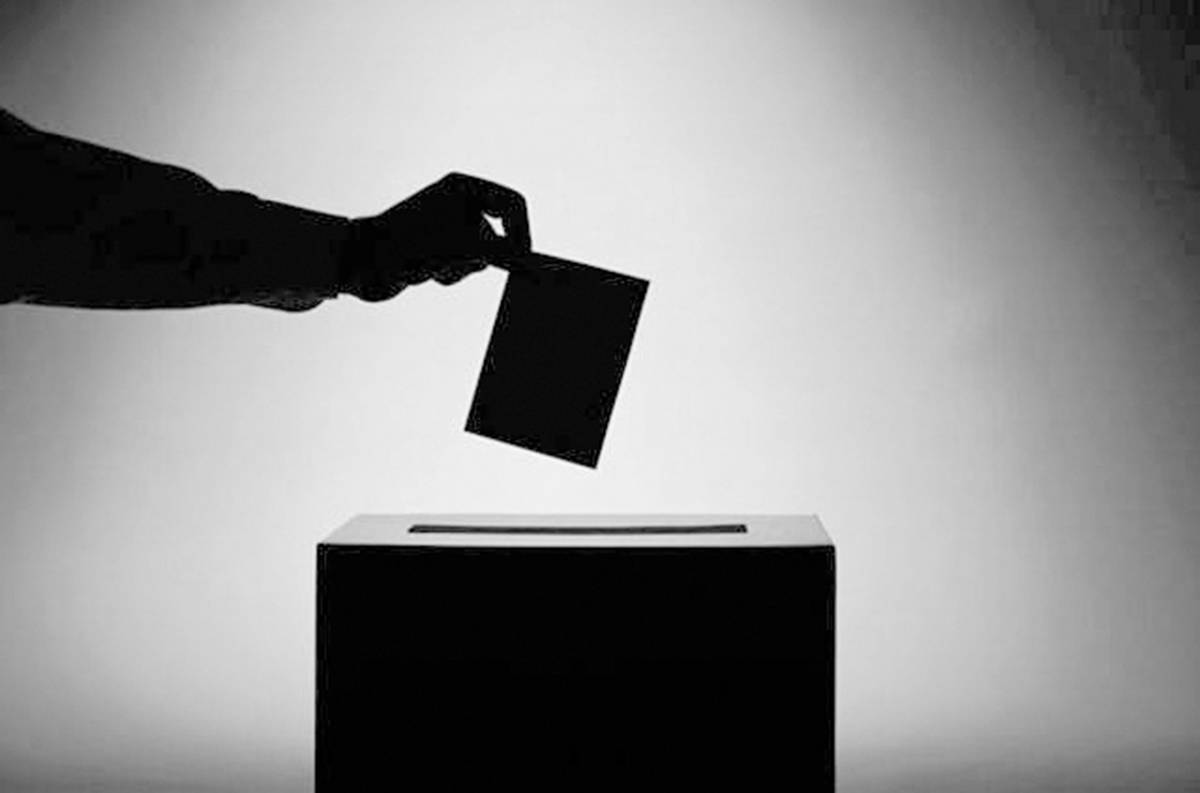Prospective Alaska State House District 30 representative James Baisden wants District 30’s ballots to be reprinted to reflect his party affiliation.
In a Sept. 28 email to Alaska Lt. Gov. Kevin Meyer and Director of Elections Gail Fenumiai, Baisden formally requested the change, but said he was told during a phone conversation with the Division of Elections in June that it would not be allowed.
Baisden, who is a petition candidate, is currently on the November ballot as “Baisden, James Petition Nominee.” His opponent’s name appears as “Gillham, Ronald D. ‘Ron’ Republican Nominee.” Baisden wants the ballots reprinted so that his name appears as “Baisden, James Republican Petition Nominee.”
Fenumiai said that Alaska statute requires the Division of Elections to put the name of the political group nominating the petition nominee on the ballot next to the nominee’s name, but they are not required to put a candidate’s voter registration affiliation on the ballot. Baisden said he wants to be reflected as a Republican because he has been a registered Republican for his entire life.
Ron Gillham won the Republican primary in August. Baisden did not run as a Republican in the Alaska primary because, he said Thursday, of the crowded field. In the August Republican primary, Ron Gillham and Kelly Wolf challenged incumbent Gary Knopp, who died in a plane crash 18 days before the election.
The Division of Elections has dealt with similar calls for ballot reprints recently. The division reprinted 81,500 ballots in state House districts 11, 12, 16 and 38 after Libertarian Scott Kohlhaas said he incorrectly appeared on the ballot as a petition nominee instead of as a Libertarian petition nominee. The Alaska Libertarian Party does not have ballots in Alaska primary elections, but Kohlhaas is listed as the candidate of choice on the Alaska Libertarian Party’s website for state House District 16.
Fenumiai said that reprinting the ballots fulfilled the division’s requirement by state statute to put the name of the political group nominating the petition nominee next to the nominee’s name.
“This information was not taken from Mr. Kohlhaas’ voter registration information,” Fenumiai said. “Including the political group that has nominated a candidate is actually akin to putting “Democrat Nominee” next to Alyse Galvin’s name — it indicates what political group or political party nominated the candidate.”
Alyse Galvin, who is running for the U.S. House of Representatives, sued the Alaska Division of Elections after ballot formats were changed to show candidates as the nominees of particular parties or as petition candidates instead of showing their party registrations. Galvin, who is running as an independent against incumbent Rep. Don Young, won the Democratic primary in August and appears as a Democratic nominee. The Alaska Supreme Court ultimately ruled against Galvin.
Baisden said that though he doesn’t think the division will reprint the ballots, one of the reasons he feels so strongly about the issue is because in Alaska people think that petition candidates are trying to hide their party affiliation.
“That was not the intent here,” Baisden said. “The intent was to run as a petition candidate to give voters another option and having your party affiliation would just give voters more information.”
Baisden said that he is still trying to make sure voters know where he stands through other avenues, such as radio and print ads, but that it is difficult to do without support from the Republican Party, who he said backs the winner of the Republican primary.
“The longer I went through this process, the more upsetting it gets to watch how the process plays out,” Baisden said. “The politics of the whole thing comes into play and it just doesn’t seem as fair as it should be.”
Parameters for the number of signatures candidates are required to receive from registered voters in order to appear on the ballot as a petition nominee for a districtwide office are outlined in Alaska State Statute and vary by district. In every district, petition candidates must receive at least 50 signatures. In House District 30, 77 signatures are required. Baisden said he received more than 100 signatures.
State House District 30 includes the cities of Kenai and Soldotna.
Reach reporter Ashlyn O’Hara at ashlyn.ohara@peninsulaclarion.com.

